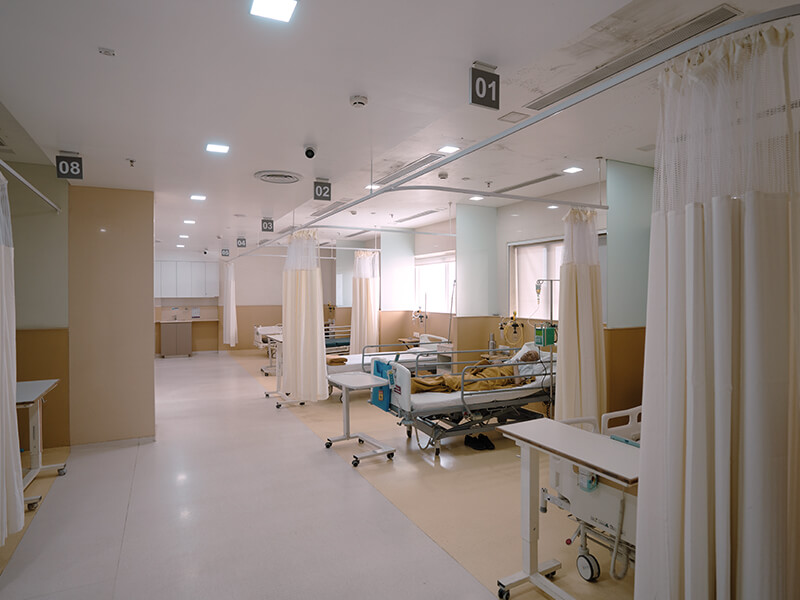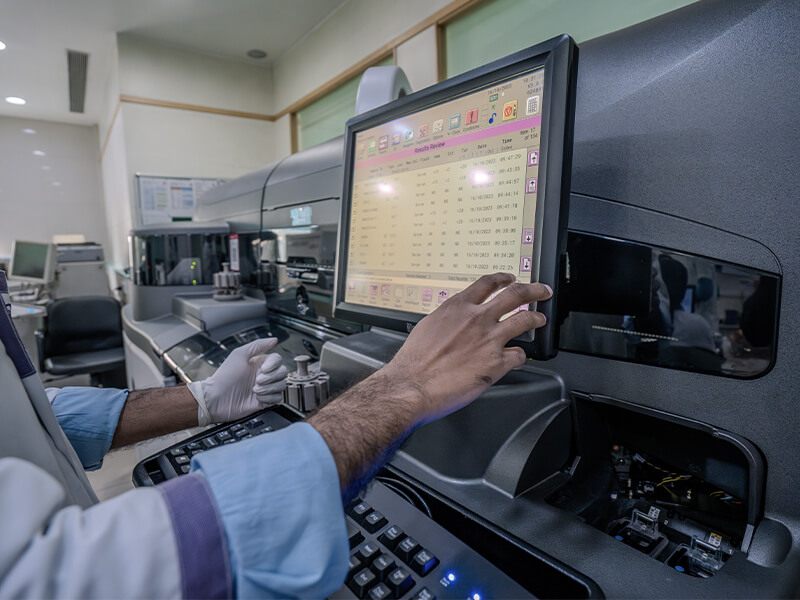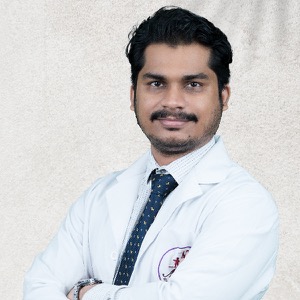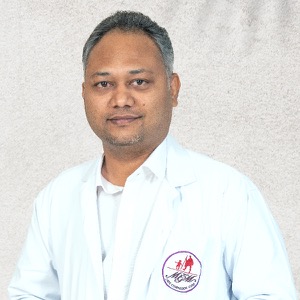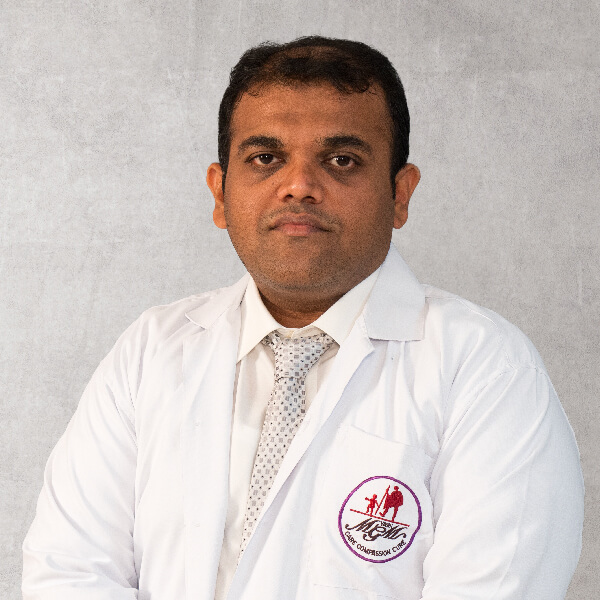With a complete multidisciplinary team of haemato-oncologists, lab haemato-pathologists, infectious disease specialists, surgeons and excellent laboratory technicians, the hospital is geared to provide to the patient, utmost quality care with empathy.
We treat all types of anaemia, platelet disorders, enlarged lymph nodes or spleen, polycythaemia (high red cell count), bleeding and clotting disorders, iron metabolism disorders such as haemochromatosis (iron overload) and abnormal white cell counts.
The department also treats blood cancer, including conditions of leukaemia, lymphoma, multiple myeloma and other disorders. Our service also offers specialist transfusion advice for pregnant women, patients with special requirements and patients who refuse blood products.
Highlights
- The department has successfully conducted heamoglobinopathies testing by HPLC Method by BIO- RAD Fully automated instrument. The department is ambitious in starting dedicated disease-wise clinics for various haematological disorders.
Services
Outpatient Services
Inpatient and Inter – Departmental Consultation Services
Day Care Facility
Technology & Infrastructure
Laboratory Haematology
The Department of Haematology provides both clinical and laboratory services for the diagnosis and treatment of all blood and blood related disorders. Our laboratory is NABL accredited, fully computerized and linked through the hospital network to all wards and OPDs which processes approximately 34,000 Full Blood Count tests. MGM Hospital Vashi’s Pathology Laboratory is well equipped with HPLC Retention time method on the instrument BIO-RAD VARIANT which is used as a diagnostic tool for heamoglobinopathies. Highly specialized haematology tests are currently outsourced as needed. Blood storage facilities are also available.
Sub-specialties in clinical services include the following:
Our Specialists
FAQs
What is a bone marrow test?
This is a quick (about 15 minutes) and simple procedure which can be carried out in the outpatient clinic to help with diagnosis of certain blood disorders, and sometimes other disorders. Local anaesthetic is given to numb an area of skin usually over the pelvis (just above the buttock) and a needle is used to take a small sample of bone marrow. The procedure usually only takes about 15 minutes and the results are usually available in about three days to ten days, sooner for some tests.
When is bone marrow transplant done?
Bone marrow transplant can be autologous (patient receives his own stem cells) or allogenic (patent receives stem cells from a donor). Autologous transplant is mostly done for multiple Myeloma and Lymphomas. Allogenic transplant is done for leukemias, bone marrow failure disorders, Thalassemia and primary immunodeficiency etc.
I have iron deficiency. What food should I take to improve it?
What are the symptoms of Haematological Cancer?
The symptoms of haematological illnesses can be many and varied. Such symptoms may include unusual bleeding or infection, fatigue, shortness of breath, bone pain, enlargement of lymph glands, weight loss, night sweats and generally feeling unwell or run down.

